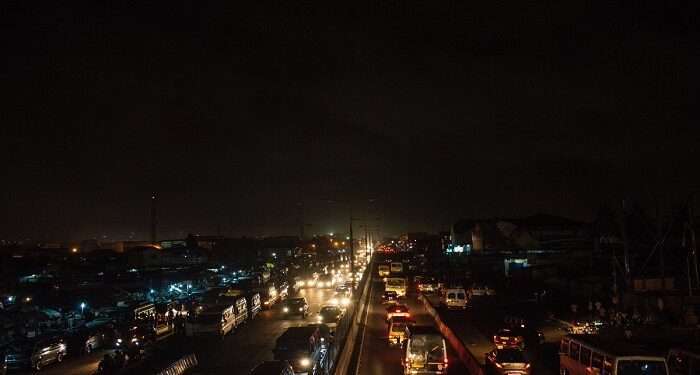The Deputy Minister nominee for Energy and Green Transition, Hon. Richard Mensah Gyan, has sought to allay public fears over the possibility of a return to the crippling power outages known as “dumsor.”
He assured Ghanaians that while there have been sporadic power interruptions, they do not indicate a resurgence of the severe nationwide blackouts that previously plagued the country.
Speaking during his vetting before Parliament’s Appointments Committee on Tuesday, February 25, Hon. Gyan-Mensah addressed concerns about recent power disruptions in some areas, clarifying that they should not be likened to the protracted energy crisis experienced in the past.
Hon. Gyan-Mensah, acknowledging the deep concerns of Ghanaians, emphasized that the present situation does not resemble the structured and prolonged load-shedding schedules of the past.
Hon. Gyan-Mensah remarked, “We all experienced the period of dumsor, and we know what we went through,” highlighting the economic hardships and disruptions caused by the crisis.
He explained that while some areas have faced recent power cuts, these incidents are neither widespread nor indicative of systemic failures within the power sector. “I cannot deny the fact that there have been some pockets of lights going off in some areas,” he admitted.
However, he reassured the public that these were isolated cases rather than a nationwide crisis.
“You know that currently, the West African Gas Pipeline is under maintenance, and most of our thermal plants use the gas from Nigeria.”
Hon. Richard Mensah Gyan, Deputy Minister nominee for Energy and Green Transition
The WAGP, a vital energy infrastructure linking Nigeria, Benin, Togo, and Ghana, plays a critical role in ensuring a steady supply of natural gas for electricity generation.
The ongoing maintenance, he noted, has led to a temporary reduction in gas supply, affecting some thermal plants’ ability to generate power efficiently.
Government’s Commitment to Energy Stability

Despite these temporary disruptions, Hon. Gyan-Mensah reaffirmed the government’s commitment to ensuring energy stability and sustainability.
He noted that Ghana’s current energy infrastructure is significantly more robust than during the peak of dumsor, making it unlikely for the country to experience prolonged and widespread blackouts.
“The government is implementing strategic measures to address any power supply gaps and prevent a return to the difficult days of dumsor.”
Hon. Richard Mensah Gyan, Deputy Minister nominee for Energy and Green Transition
Among these measures are ongoing investments in energy generation capacity, diversification of power sources, and strengthening of transmission infrastructure.
Ghana has made significant strides in energy production over the past few years, with an increased focus on renewable energy and natural gas as key drivers of the country’s electricity mix.
The government’s energy policy also prioritizes the use of hydro, solar, and wind energy to complement traditional sources.
While Hon. Gyan-Mensah’s assurances are aimed at calming public anxiety, some industry players and energy analysts remain cautious.
The Ghanaian business community, in particular, has raised concerns about the impact of even brief power interruptions on manufacturing and service industries.
As Ghana continues its journey towards a sustainable energy future, challenges remain in ensuring consistent power supply while balancing affordability and environmental concerns.
The government’s commitment to renewable energy and transitioning to greener alternatives is a step in the right direction, but execution will be key.
The maintenance of critical infrastructure like the West African Gas Pipeline highlights the need for Ghana to explore additional sources of energy to reduce dependency on external gas supplies.
Increased investments in local gas production, expansion of renewable energy projects, and improved energy efficiency measures will be crucial in sustaining power reliability.
Hon. Gyan-Mensah’s assurances provide some relief to the Ghanaian public, but vigilance and proactive measures will be necessary to maintain energy stability.
The coming months will be a test of the government’s ability to manage energy supply challenges and maintain public confidence in the sector.
For now, while power interruptions may cause temporary discomfort, the dreaded days of dumsor may not be making a comeback just yet.
READ ALSO: Foreign Ministry Cautions Embassies Against Inhumane Visa Application Conditions



















